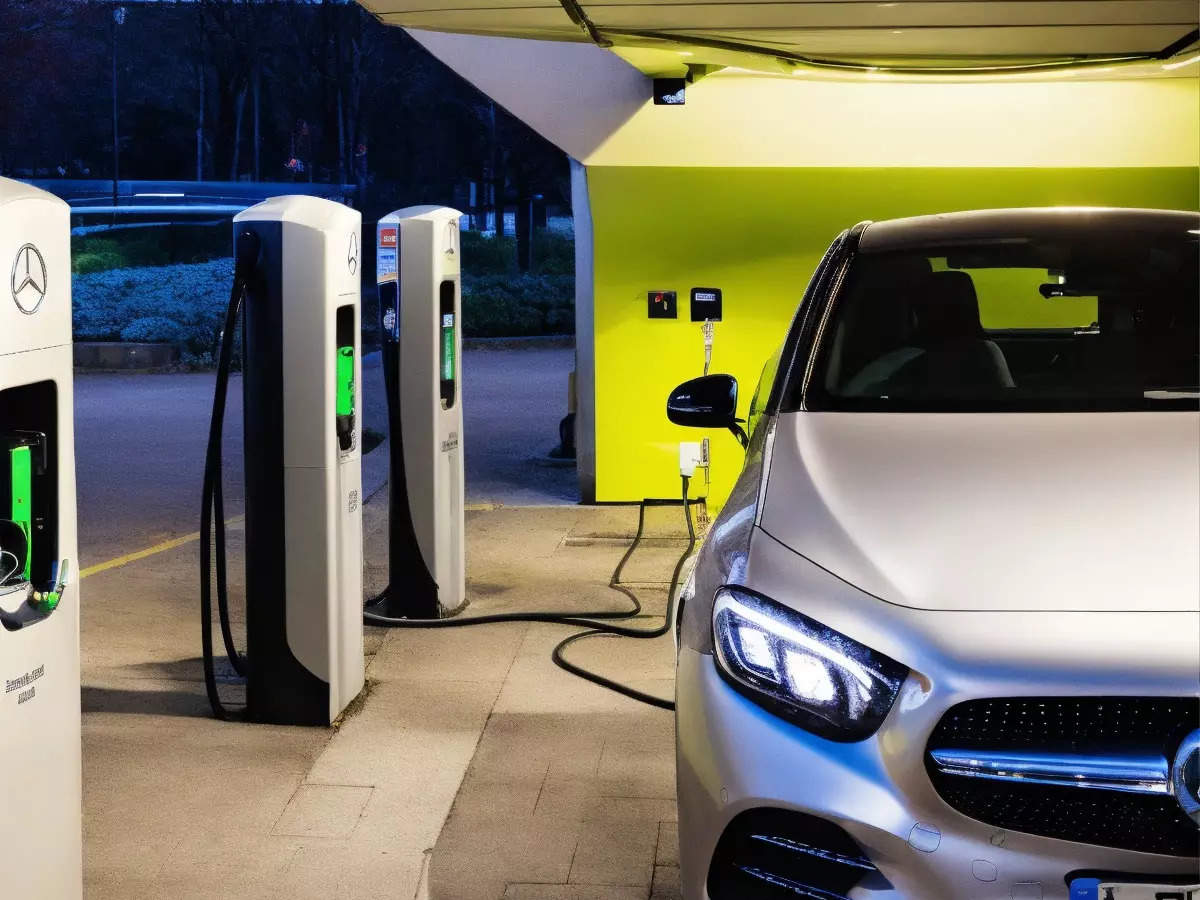
New Delhi: Import duty concessions announced in the EV policy on Friday will not impact domestic players and on the contrary, expand the Indian electric vehicles market, a top government official said. Department for Promotion of Industry and Internal Trade (DPIIT) Secretary Rajesh Kumar Singh said that the government has taken the view of all the concerned stakeholders on the policy, which was balanced to the public interest.
“We are not trying to, you know, tailor a package for anybody. This is open to everybody. The idea is to kickstart the four- wheeler e-car manufacturing in India, with very stringent kind of value-addition norms, while also ensuring that we allow imports in a very limited quantity. we will be allowing only 8,000 for a company in a year and a maximum cap of 40,000. It’s not zero (duty,” he told reporters here.
The government on Friday approved an electric-vehicle policy, under which import duty concessions will be given to companies setting up manufacturing units in the country with a minimum investment of USD 500 million, a move aimed at attracting major global players like US-based Tesla.
The companies that would set up manufacturing facilities for EV passenger cars will be allowed to import a limited number of cars at lower customs/import duty of 15 % on vehicles costing USD 35,000 and above for a period of five years.
At present, cars imported as completely built units (CBUs) attract customs duty ranging from 70 % to 100 %, depending on engine size and cost, insurance and freight (CIF) value less or above USD 40,000.
“Our intention therefore is really not to cannibalize their (domestic players) market but to expand the EV market by bringing in new players, give the consumers the latest technology, kickstart the transition to EVs by bringing in you know proven technology and while at the same time creating a competitive framework where the domestic manufacturers can also grow in that same space,” Singh said.
Citing an example, he said when these EV manufacturers come in, the ecosystem also comes including vendors and the market is expanded.
“It’s not that the market cannibalizes on anybody’s existing share…,” he said, adding that few cars are being sold in the domestic market in the price range of USD 35,000.
In the USD 35,000 plus price range, in India, the total number of vehicles being sold is about less than a lakh.
“So it’s not where people are present, domestic manufacturers are operating,” Singh said adding there is no concessions other than the import duty thing.
When asked about discussions with US EV major Tesla, he said discussions happen with everyone but that doesn’t influence the government’s decision.
“The final call we take is based on what is good for the country and what is good in the public interest. The policy again is not tailored for any company,” he said.
“It is a very limited concession for a very limited number of imports and it is underwritten by very stringent performance criteria guarantee from him,” he said.
For up to USD 35,000 import price, the customs duty is 70 % and above that, it is 100 % and it is one of the highest in the world, Singh said.
When asked except for Tesla, any other car companies interested in setting up plants here, without taking the name of any firm he said: “Yes there are. I would just say that there are multiple such expressions of interest in it. At least two are there.. But there could be more”.

